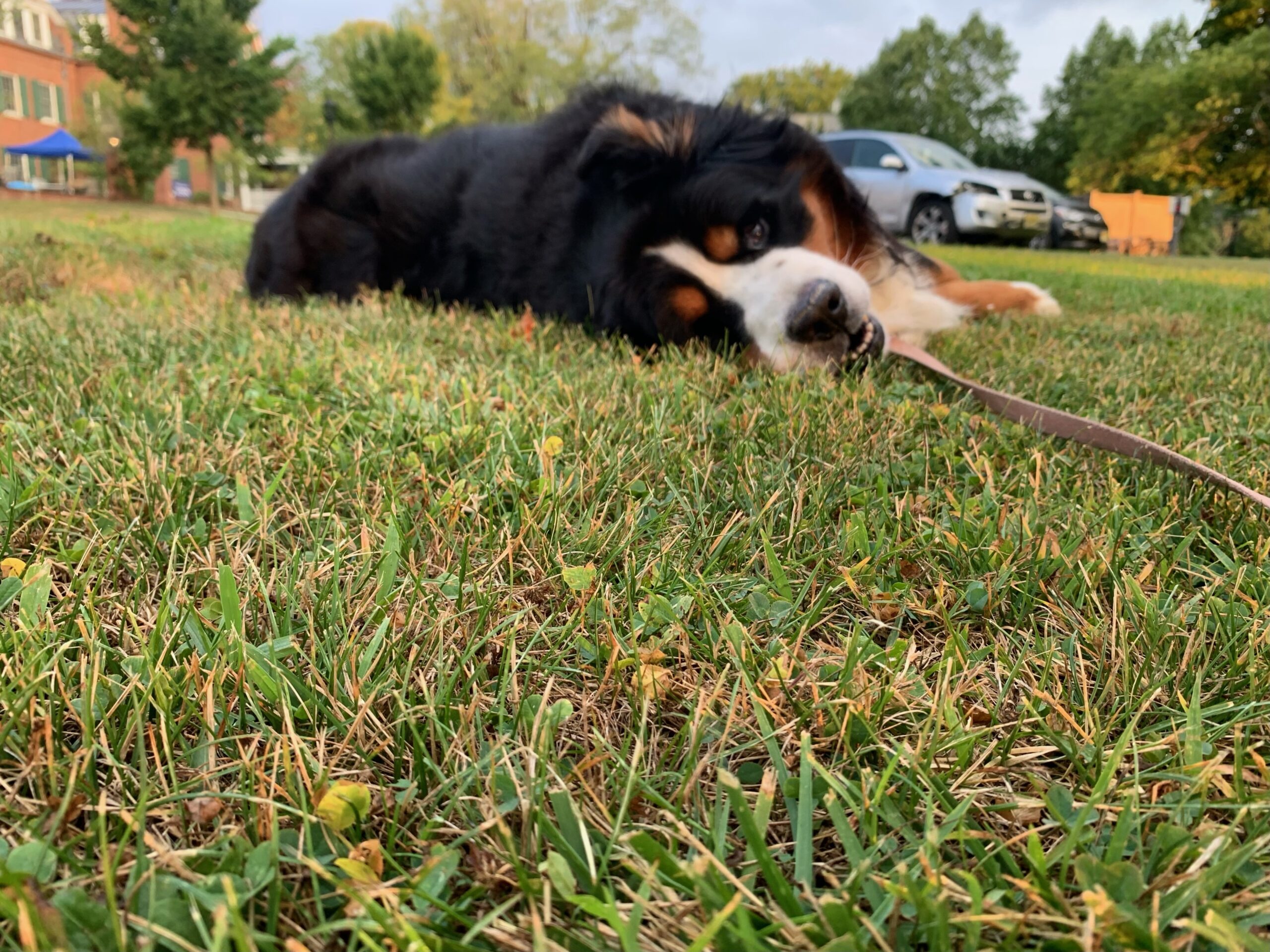
I like the photo above because it's a view of dawn across the road from my house. I wish our local governments put resources towards buried electrical and phone lines, but I didn't include the image to give a message about the benefits of subterranean utilities. Instead, I wanted to talk about daily cycles. Every morning, I walk my dog and often get to see the sunrise, a time of day that feels like possibilities to me. Every twenty-four hours (not exactly given the slant of the earth and all that) we get a fresh chance to live a day. Of course, each day's not a total reset, but I try to think of dawn as an opportunity to decide how I want to go through my day.
Of course, I'm not already good at everything I'd like to be good at, so I've been trying to think about the importance of practice. I am past the part of my life when I'm getting assessed at or competing in various arenas, but I'm still very much a work-in-progress. I like the idea that for anything that matters to me, I can improve by concentrating on my form, making necessary changes, and repeating.
I heard a fitness instructor talk about PEAR, an acronym he uses to remind himself to practice, evaluate, alter, repeat. If I approach everything I want to do with this analytical approach, I can improve.
- Practice: try to do something the best I can.
- Evaluate: figure out what my method entailed, if it worked, and what could have gone better.
- Alter: change the approach on any aspect that didn't run smoothly.
- Repeat: try again, using the new approach.
This set of steps should help me improve in everything, as long as I pay attention.
My A-Word-A-Day email (highly recommended, also, Thanks, AR!) once had a quotation from Buddhist nun and author (b. 14 Jul 1936) Pema Chodron, advising people to "live your life as an experiment." I think some people might read that the way they read YOLO, as an invitation to try anything or everything. Instead, I see it as a call to use a more scientific method. We should form hypotheses about what might happen when we attempt new things, try them, then evaluate our successes and failures, change our hypotheses and plans, and try again, seeing every new iteration as an opportunity to improve.
Of course, when you're perfect, there's no need to work hard. I've posted a photo of a perfect being below, demonstrating what not-working-hard looks like.
What methods do you use to improve? Any life hacks you'd like to share? Please do so in the comments.

From what I know of Tooka, he has been adhering to the PEAR concept for most of his life. I agree that he is perfect and sets an example for the rest of us. He has achieved a state of relaxation that many of us can only envy. Would we be better off emulating Tooka for a period of time each day?
I always emulate him from around 11:00pm until 5:00am, but I like the idea of spending some waking hours following his lead as well!
George A Miller, Psychologist
In 1960 Miller, Eugene Galanter, and Karl Pribram proposed that stimulus-response (an isolated behavioral sequence used to assist research) be replaced by a different hypothesized behavioral sequence, which they called the TOTE (test, operate, test, exit). In the TOTE sequence a goal is first planned, and a test is performed to determine whether the goal has been accomplished. If it has not been accomplished, operations are performed to achieve the goal. The test is performed again, and exit occurs if the goal is achieved. Otherwise, the process repeats.
TOTE had a significant impact on psychology, because it provided a realistic model of how humans pursue goals and carry out plans. Miller’s work encouraged researchers to abandon the more constricted, behaviorally oriented approach based on stimulus-response. The TOTE unit also served as the basis for many later theories of problem solving.
In the 1980s Miller helped to develop WordNet, a sizable online database of English words that displayed semantic and lexical relationships between sets of synonymous terms. Designed to simulate the organization of human verbal memory, WordNet was a widely used linguistic research tool.
https://www.britannica.com/biography/George-A-Miller#ref1200618
George A Miller, Psychologist
[Apparently this reply disfavors angle brackets or something]
I’ve never heard of TOTE before, but I like the idea that we carry that learning approach forward. I heard the actual word “tote” comes from a work meaning to carry things on one’s head, but I can’t find confirmation of that etymology. I also like this acronym because it’s the first one I’ve heard of where two of the letters stand for the same thing. Coolio.
” I like the idea that for anything that matters to me, I can improve by concentrating on my form, making necessary changes, and repeating.”
Much performance is not linear but more quadratic, curved, inverse U or V.
Depending on the task (walking, competitive fast running, endurance running, general thinking, puzzle solving, Wordl, remembering, placing oneself as if the other, etc) there are typical, with individual variation, peaks and declines. On the decline slope (perhaps gross physical at 18, general cognitive thinking at 35, thinking of others at 70) “Improving” has meanings less appreciated typically by teens.
Yes, my learning is definitely NOT linear or fast, but it always involves the PEAR steps.